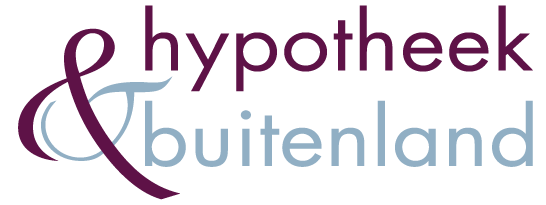Mortgage types Portugal
Mortgage Types
Portugal has a different financing culture than the Netherlands. Portuguese banks take a more classical approach, focusing on paying off the mortgage. Consequently, the annuity mortgage is virtually the only form of mortgage offered. In Portugal, it is a challenge to see the true cost of a mortgage. A mortgage with the lowest interest rate may still end up being by far the most expensive due to expensive mandatory side products such as term life insurance.
The annuity mortgage is the most widely used form of mortgage in Portugal. In the absence of mortgage interest deductions and a less sound pension system, the focus in Portugal is on paying off the loan through this form of mortgage.
Redemption-free is not currently offered in Portugal to non-resident clients. Only for a certain profile of customers with high income and assets are there options for a grace loan. This is offered by some private banks who do so on the condition that a certain portion of private wealth will be invested under their management.
Most Portuguese banks do not get excited about loan amounts below €100,000; in fact, they are not of sufficient commercial interest. Some banks even have a hard lower limit of €100,000. In practice, this means that it is more difficult to finance a house if the purchase price is less than €150,000.
Portuguese banks usually offer either a fixed interest rate for the entire term or a variable interest rate. Some banks also offer fixed interest rates for, say, 5, 10 or 15 years.
The interest rate offered varies from bank to bank. Because most banks mandate one or more “side products” such as term life insurance, comparing the true price of the mortgage becomes very clouded. For example, interest rates are very low at some banks, but it is still the most expensive mortgage solution below the line because the mandatory side products are very expensive. Thus, transparency leaves much to be desired, and the danger of comparing apples to oranges lurks. The catch in Portugal is quite often the mortality insurance; initially it is stated as a footnote and formality, but when all is said and done, the insurance premium often turns out to be sky-high and so does the effective interest rate of the mortgage.
Portuguese finance culture is somewhat similar to Dutch culture in terms of duration. Therefore, maturities of 25 years are quite common. Through Mortgage & Abroad, a 30-year term is also possible. See more information on maturities under “Age and maturity”
A closing commission of approx. ½% of the loan amount is common among Portuguese banks. In addition, legal fees may be an issue.
The amount of the premium of a life insurance policy is quite often the closing item and thus the snag with some Portuguese banks. At the end of a mortgage application process, the penny drops and the insurance premium turns out to be sky-high. Often by then it is too late to apply to another bank. Through Mortgage & Abroad, it is possible to take out a mortgage without mandatory side products. This does make what is offered transparent. See more information on term life insurance under “Age and Term”
Banks are commercial institutions, and especially for non-resident customers – for whom they have to go the extra mile – they often make it a condition that, in addition to the loan, other products must be purchased from this bank, such as a checking account and fire insurance. There are also banks that offer a discount on the interest rate if certain products are purchased. Mortgage & Abroad knows its way around this landscape and guides you past the pitfalls of overpriced products.
When repaying the loan early, a penalty is due from Portuguese banks. Consumers are better protected anyway than in the Netherlands, and the penalty for early repayment is capped by law in Portugal. The maximum early repayment penalty for a variable rate mortgage is 0.50% of the amount repaid early and 2% if it is a fixed rate mortgage. For example, some banks allow early repayment of up to a certain percentage of the outstanding loan amount each year without penalty.
A bridging loan is possible if the house being bridged on is also in Portugal. Bridging on a house located in the Netherlands or a country other than Portugal is not possible.
Releasing excess value through a mortgage is not possible in Portugal unless the amount to be released will be used to purchase another property. Releasing money for consumption purposes or to supplement retirement is therefore not possible.
It is still possible with some Portuguese banks to apply for a so-called post-financing for up to 6 to 9 months after the purchase. In other words, recover the funds advanced for the purchase through a mortgage.

